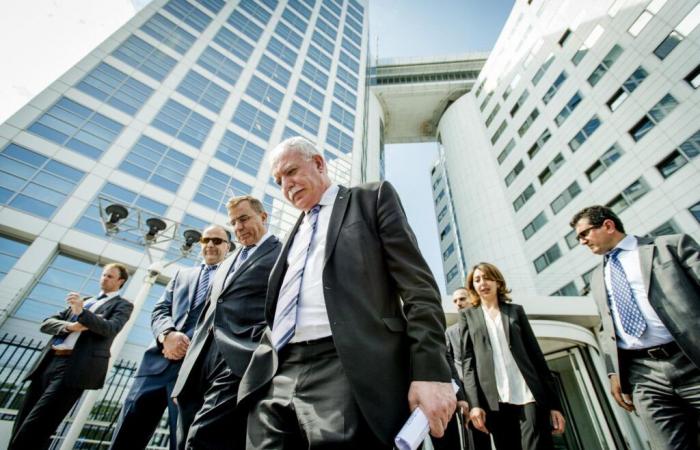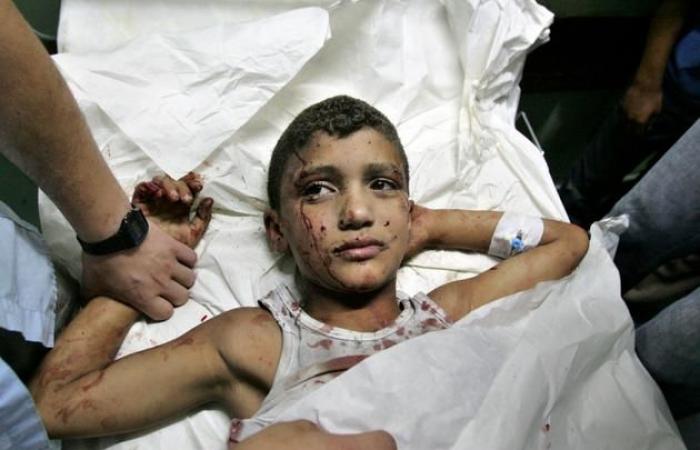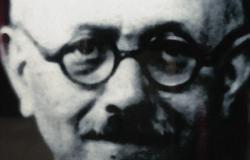With a quick gesture, Nabil Abuznaid moves the desk easel bearing the inscription “State of Palestine” on his right. Then Palestinian ambassador to the Netherlands, he looks at the letters engraved in white, extends his arm and, with a light touch on his smartphone, immortalizes the moment: on June 24, 2015, Palestine sits for the first time among the States members of the International Criminal Court (ICC), in The Hague. This is a key step in a long and bitter diplomatic-judicial battle. An offensive carried out from Gaza, Ramallah, New York and Lyon, aimed at placing the Palestinian question on the agenda of international justice and putting an end to the impunity which has surrounded the Israeli occupation system since 1967. Now the Israelis can become my neighbors in prison. But this time, they won't have the keys.” rejoices Nabil Abuznaid this day in June 2015.
Launched in the mid-2000s by a handful of lawyers from Gaza, later joined by the Palestinian Authority, slowed down by an avalanche of obstacles, hit by wars and threats, this operation ultimately succeeded. On Thursday, November 21, the ICC placed Israeli Prime Minister Benjamin Netanyahu and his former defense minister Yoav Gallant under international arrest warrant for war crimes and crimes against humanity.
It all began in June 2006. The Israeli military operation “Summer Rains” fell on the Gaza Strip. Triggered in response to the capture of Israeli corporal Gilad Shalit by Hamas fighters, it is the first in a series of six wars that will devastate the coastal enclave. In the premises of the Palestinian Center for Human Rights, which he directs in Gaza City, Raji Sourani, 53, convinced himself that the evidence of Israeli abuses, carefully collected by his employees for years, should make it possible to refer cases to the ICC, created in 1998 by the Rome Statute and established in 2002.
Read also | Article reserved for our subscribers The ICC arrest warrant against Benjamin Netanyahu, a turning point for international justice
Read later
It is with this faith anchored in his body that he arrives in The Hague, for a meeting with Luis Moreno Ocampo, the first prosecutor of the Court. “He tried from the start to discourage me, he told me that if the Americans did not accept him, then he would never open an investigation,” says the Gazan lawyer, contacted by telephone in June. The chances of a green light from Washington are zero. The United States, which has not signed the Rome Statute, is wary of this type of international body. They prohibit judges in The Hague from taking an interest in the actions of their troops in Afghanistan as well as those of their allies, such as Israel.
You have 85.6% of this article left to read. The rest is reserved for subscribers.







